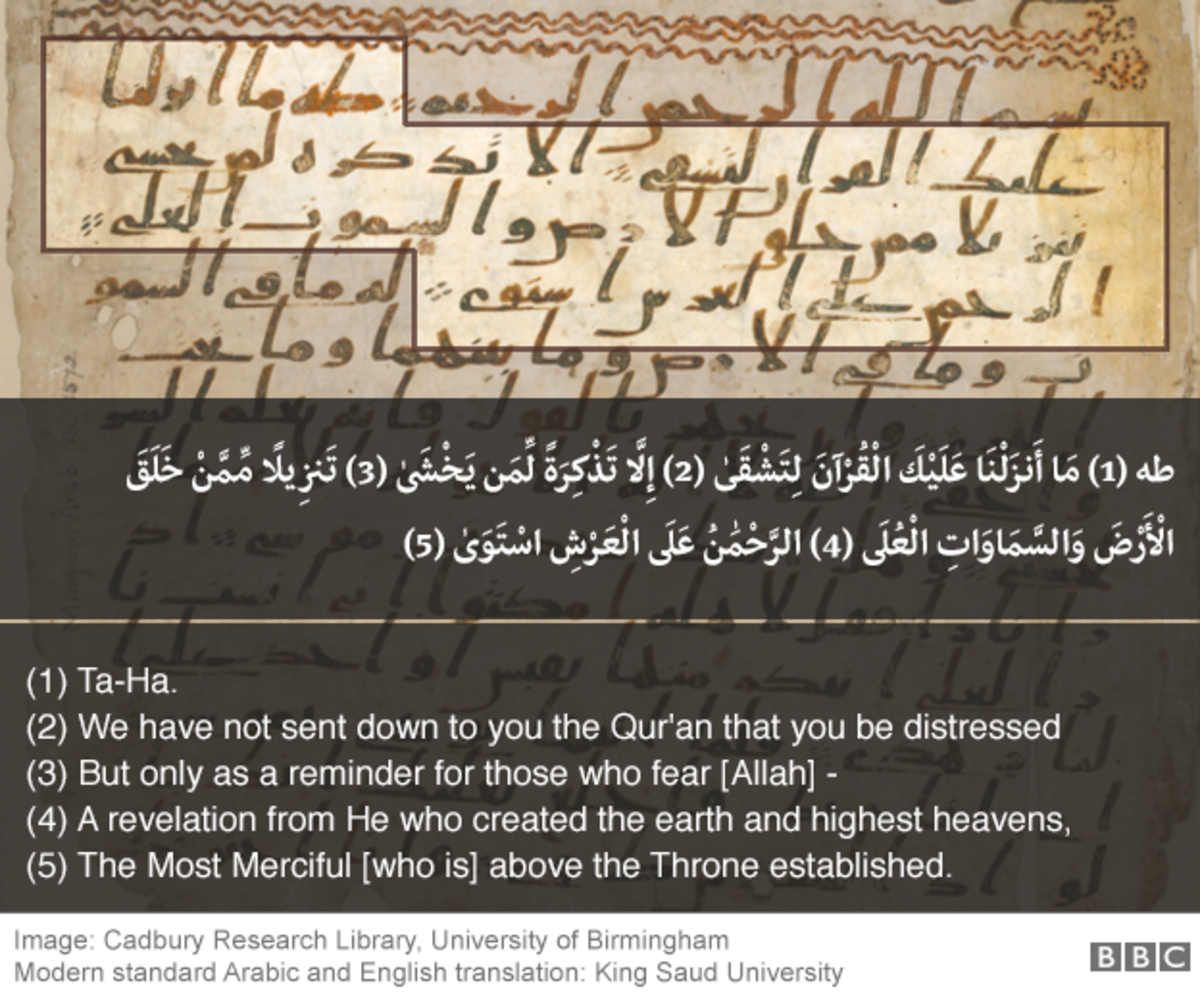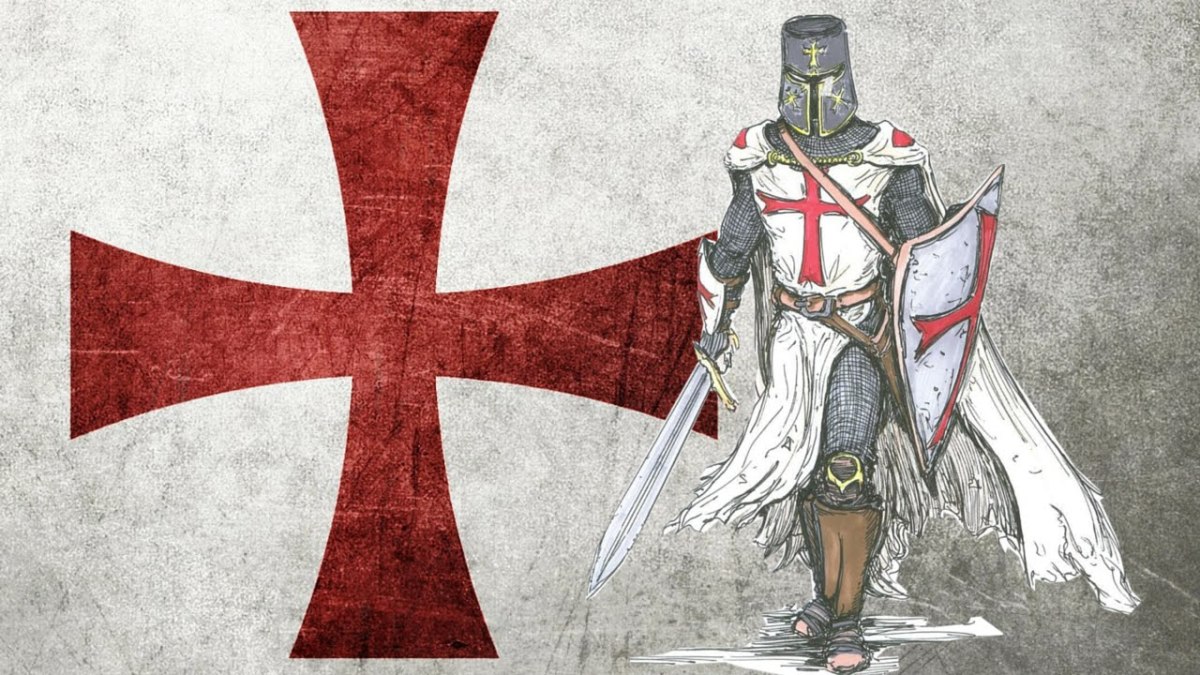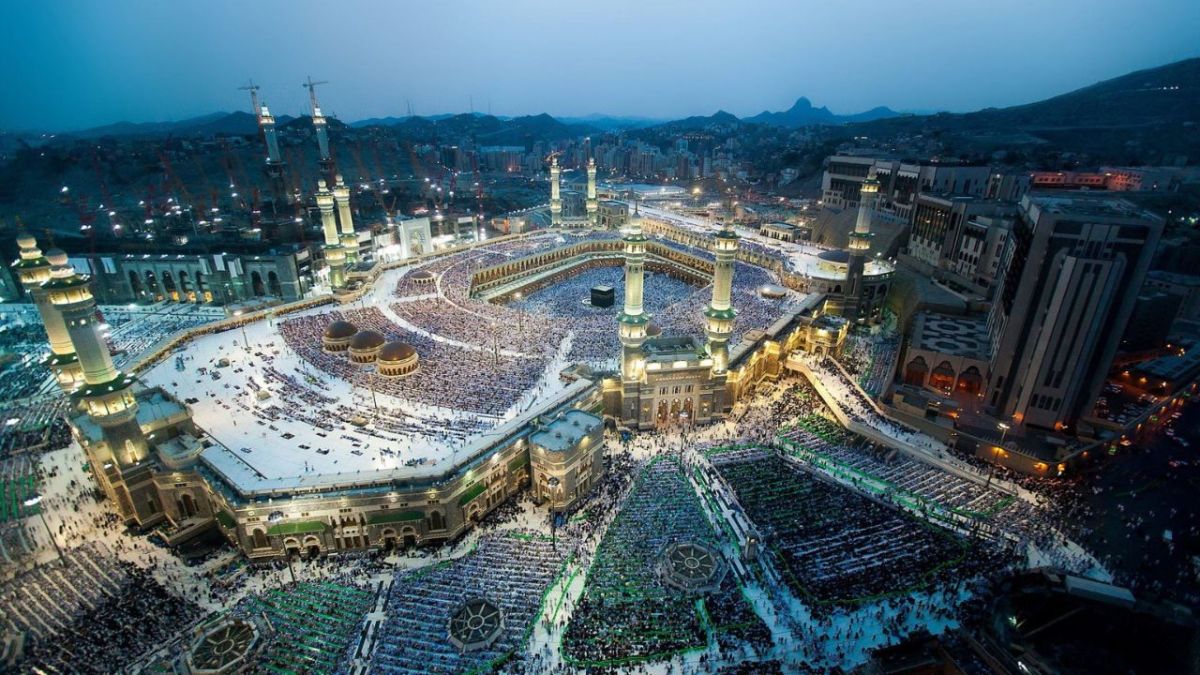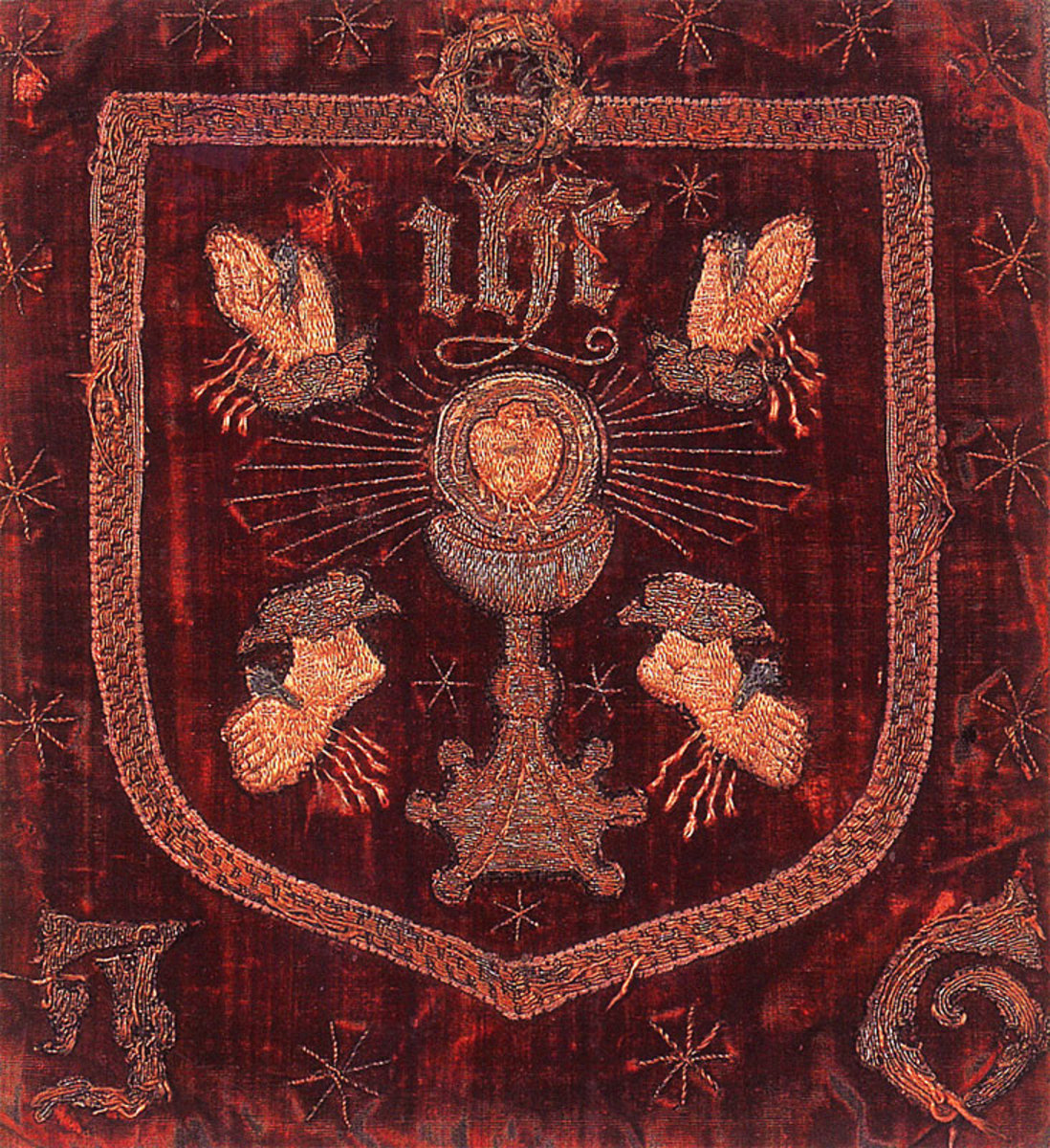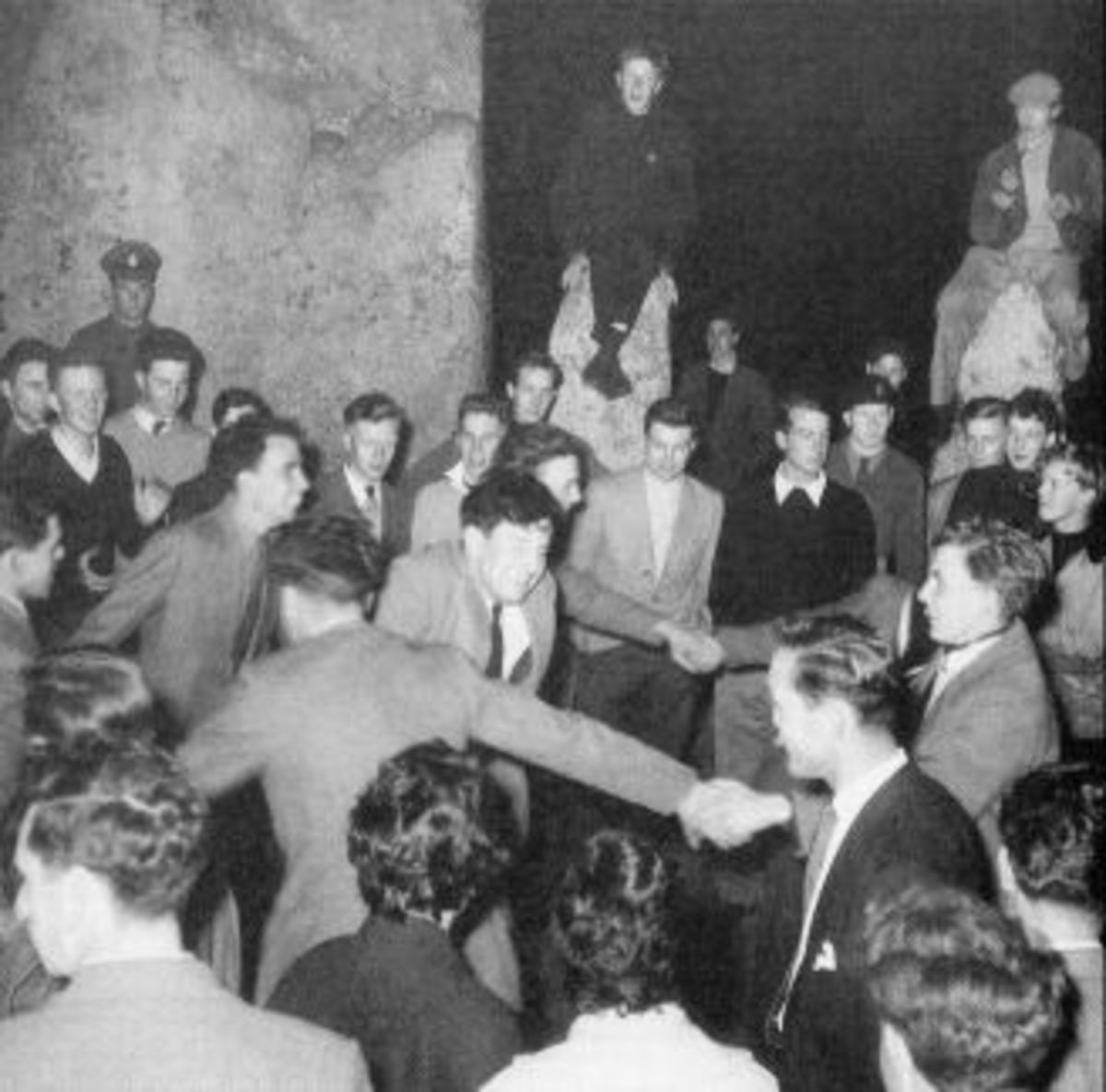The Holy Hajj
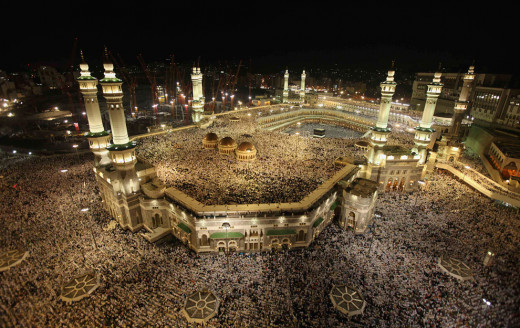
HAJJ
The Hajj has been performed by Muslims every year for the past 14 centuries. In earlier times, the Hajj was literally the journey of a lifetime, a dream where a person spent an entire lifetime saving up to take the journey. The trip itself was a demanding and difficult one, often taking months or even years on horseback or on foot, through mountain terrain and desert. Although the same trials and tribulations may not be so severe today, the same passion to make Hajj still lives on. The Kabba is the focal point of Hajj. What makes it so important to Muslims is that it is the first place in the world, for the worship of god.
The small, cubed building known as the Kaaba may not rival sky- scrapers in height or mansions in width, but its impact on history and human beings is unmatched. The Kaaba is the building towards which Muslims face five times a day, everyday, in prayer. This has been the case since the time of Prophet Muhammad (peace and blessings be upon him) over 1400 years ago.
The pilgrimage lasts for four days and is made from the eighth to the twelfth of the Islamic lunar calendar. All Muslims are obligated to make Hajj once in their lifetimes if they can afford it and are otherwise able to do so. Muslims must do there best to follow the five pillars of Islam, and making the journey to Mecca and performing Hajj is one of them. There are however some hardships of undertaking such a voyage. During certain rituals such as the stoning of the devil, pilgrims may be hit with stones and during the circumambulation of the Kabba people might fall and be trampled. Due to the mass amount of people in the confined area, disease has become a problem. Pilgrims are advised to get vaccines and do what they can to prevent illness.
The Hajj consists of several ceremonies. These ceremonies are meant to symbolize the essential concepts of the Islamic faith, and to commemorate the trials of prophet Abraham and his family. Prophet Muhammad had said that a person who performs Hajj properly, will return as a newly born baby in other words free of all sins. The pilgrimage also enables Muslims from all around the world, of different colors, languages, races, and ethnicities, to come together in a spirit of universal brotherhood and sisterhood to worship God together
The Hajj formally begins on the eighth day of the 12th month of the Muslim lunar calendar. During the time period many rituals and customs are performed to duplicate what prophet Mohammed did, and what the Quran says you should do. There are 9 main rituals to be performed during the Hajj pilgrimage. First one is wearing a special garment that males must wear to symbolize the equality of all man. Women wear a similar garment that covers everything but their face, hands and feet. By wearing these garments one is putting him or her self into a state of deep concentration. Secondly there is the circling of the Kabba 7 times counterclockwise. The first three are walked very quickly, and the last four are walked at normal walking speed. Going counterclockwise is another reproduction of how prophet Mohammed performed it. Many say the circumambulation is the center point around which your life will turn. Then there is a sermon delivered from what is thought to be the same area where prophet Mohammed delivered his farewell sermon. After, you have to spend the night at an encampment near Mecca. By staying the night you are able to complete the fifth ritual. Fifth is the stoning of Satan, which is believed to be the same place where Satan tempted prophet Adam. As Muslim scholars and others note the stoning replicates the actions of Adam, the first prophet, when, according to sacred tradition, he drove the devil away with stones. Over three days pilgrims will toss seven pebbles a day at three rough stone pillars, the largest of which represents the devil himself. As they do so they will chant "God is most great!" Next is the sacrificing of an animal, usually a sheep or goat. But a cow or camel is fine. As stated in the Quran, Abraham was so devoted to God, he offered to sacrifice his own son. The gesture was so highly appreciated by God that he rewarded him with a chain of Prophets and his generations would continue to practice his sacrifice though symbolically. Muslims, hence, have been directed to revive this tradition every year as long as the world lives. Then you return to the Kabba and circle it 7 more times during prayer. The second to last ritual is initiated by the drinking from the Zamzam well. Zamzam, which literally means bubbling is said to be the place where god provided water for Ismail and his mother during their wanderings in the desert. While his mother frantically searched for water, the young Ismail dug his foot into the ground at which a spring of water began flowing. Pilgrims drink for this water while facing the Kabba to receive blessings. Lastly there is the prayer at the same site where prophets Ibrahim and Ismail are believed to have prayed together after building the Kabba.
The pilgrimage has many virtues once completed. It teaches us complete submission to divine will. During Hajj, Muslims meet each other in a magnificent unity. They relate to each other's domestic and regional affairs. They consult each other concerning their life and religion. They exchange experiences, opinions, and good habits. They become acquainted with each other's problems. They learn of each other's viewpoints. This interchanging of ideas increases their awareness, knowledge grows, and the impetus to reform is invigorated. As a result, plans are proposed, projects designed, educational, political, social and economic centers are established. The Muslims support each other, as if they are one body and one soul.
Every nation and society has a center of unity where they get together to worship God. They see prosperity and culture as relics of unity. This social dimension of the pilgrimage allows people of this society get to know each other and understand each other’s difficulties. They form a unified front to remove these difficulties and achieve their goals. It sets the stage for people of all races, ethnicities, and social status to come together in the house of God and worship.
While making Hajj there is certain prohibitions which must be followed in order to complete the pilgrimage successfully. There are no intimate relations, thus kissing holding hands are all prohibited forms of physical intimacy. No shaving or hair cuts again the main focus is to imitate the prophet’s acts. Hunting is forbidden, such acts are looked upon as murder of god’s creatures. You are not supposed to wear any type of colognes or perfumes, and definitely not supposed to engage in any type of violence. Lastly, beautifying ones self and taking out blood from the body is against Hajj rules. These prohibitions are set to make all the pilgrims equal, thus returning us to our purest state.


